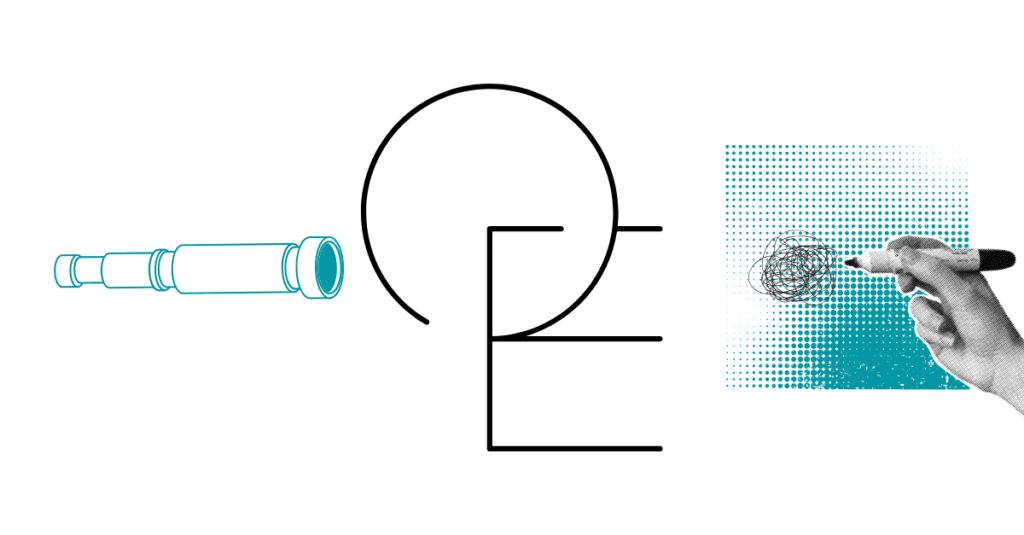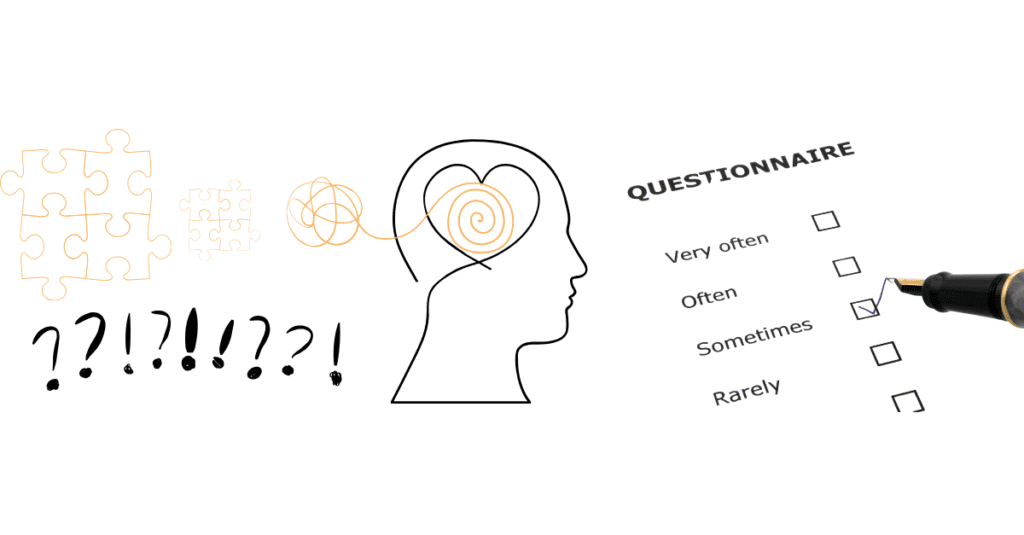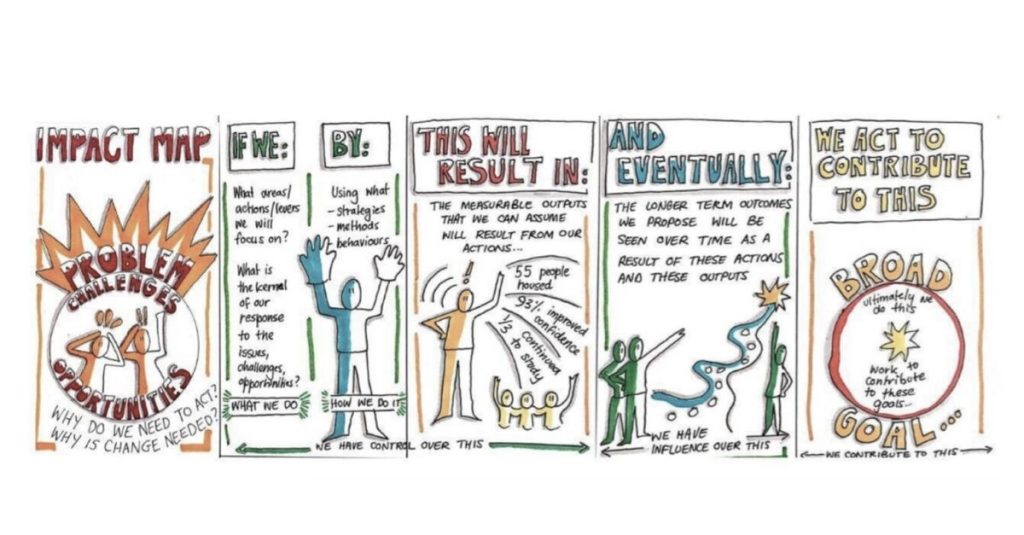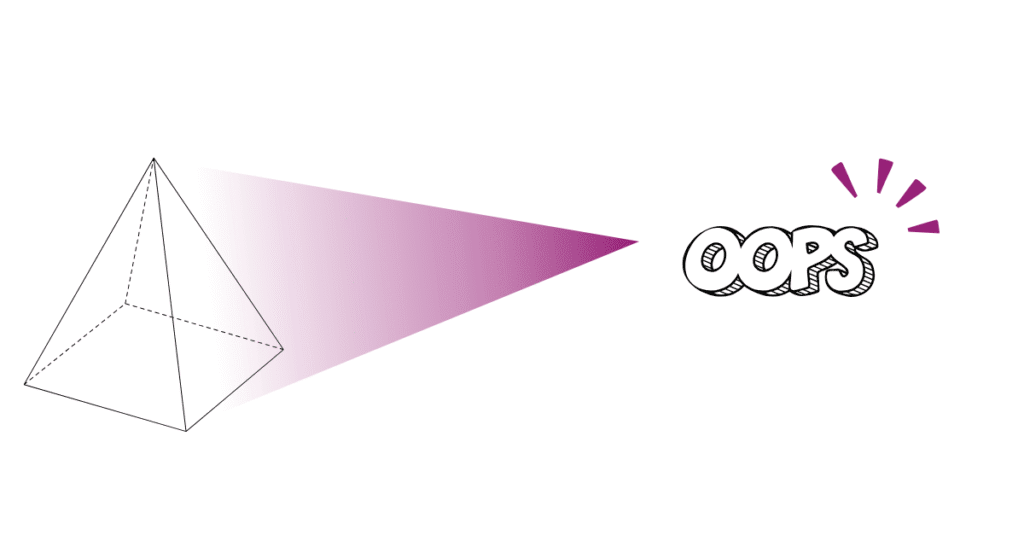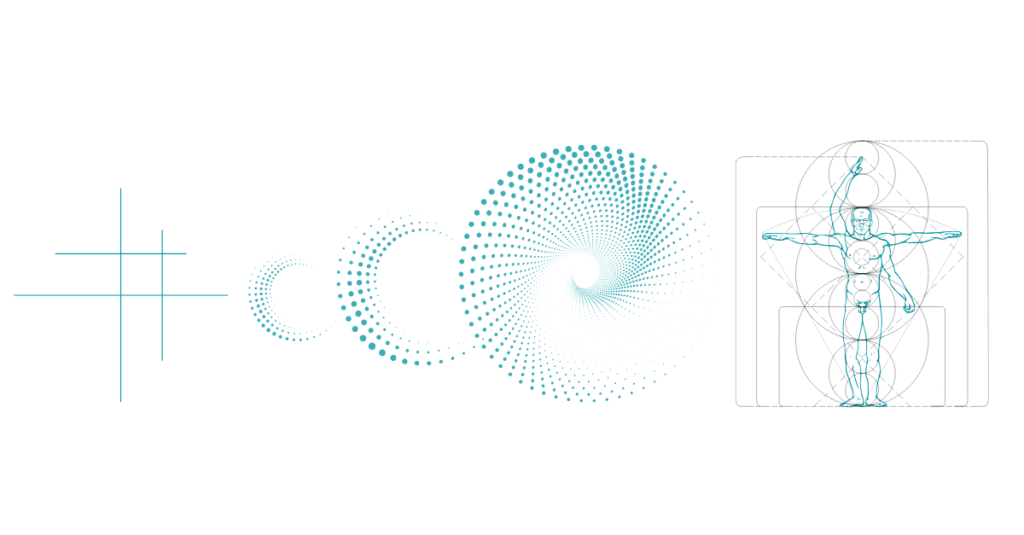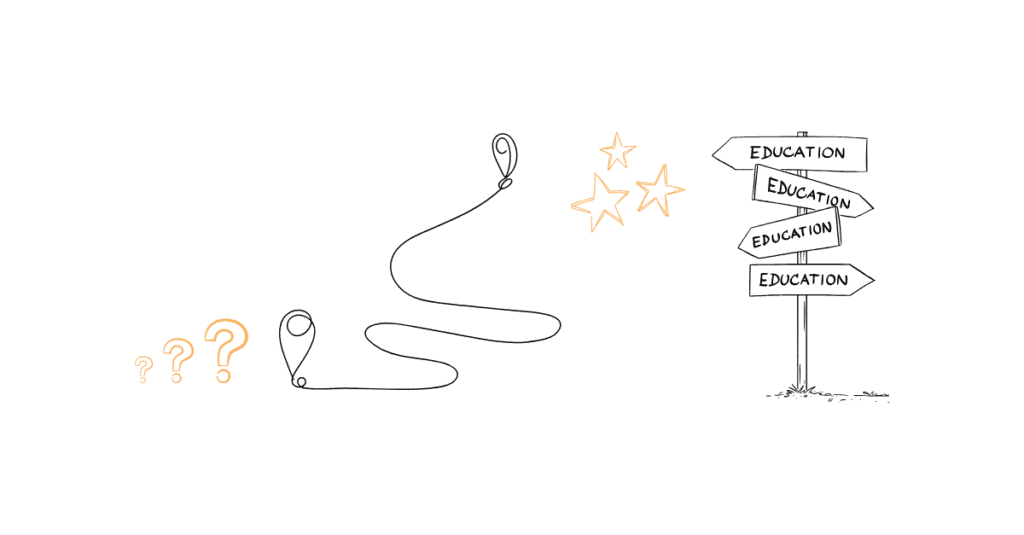The SOUL Process is designed to elevate communication, especially during conflict, by fostering conscious and compassionate responses. It’s an easy and effective process for ensuring every conversation you have is guided by wisdom and the best intentions. Whether you’re working through personal conflict or group dynamics, the SOUL Process gives you the tools to foster real connection and positive outcomes in just 4 simple steps.
Problems the SOUL Process can solve:
✅ The SOUL Process helps individuals and groups communicate on a higher level by encouraging mindful and compassionate responses.
✅ It helps in navigating conflicts effectively by providing a structured approach to understanding and responding.
✅ The process bridges the gap between reactive and proactive communication by promoting self-awareness and empathy.
✅ It breaks down complex emotional responses into manageable steps, making it easier to develop constructive communication strategies.
✅ The SOUL Process fosters a culture of understanding and respect, leading to more harmonious and effective interactions – whether it’s at home or in the workplace.
Participants:
The SOUL Process can be practiced individually or in groups. For group settings, it is recommended to start together and then allow for individual reflection and group discussion. This ensures a shared understanding and collective improvement in communication practices.
Preparation:
Prepare a digital whiteboard or physical flip chart with the SOUL Process template. Ensure you have enough pens and sticky notes for all participants. For individual sessions, each participant should have a piece of paper (A4) and a pen.

How to use the SOUL Process with your team:
Begin by explaining the SOUL Process to the participants, highlighting its four elements: Stop, Observe, Understand, and Loving Response. Emphasize the importance of each step in promoting conscious communication.
1️⃣ Stop: Introduce the concept of interrupting reactive responses by taking a pause and a deep breath. Allow participants to practice this by recalling a recent conflict and imagining how a pause could have changed their reaction.
2️⃣ Observe: Ask participants to notice what is happening within their minds, bodies, and emotions. Provide a few minutes for silent reflection on their physical and emotional state during a conflict.
3️⃣ Understand: Encourage participants to acknowledge that their perception is limited and to try to see through the other person’s eyes. Discuss how understanding different perspectives can lead to new ways of looking at situations.
4️⃣ Loving Response: Guide participants through the process of identifying their communication heroes – individuals they admire for their compassionate and wise communication. Have them list character traits of these heroes and then draft a guiding question, such as “What would [Hero] say?”
Ask participants to apply their guiding question to a past or hypothetical conflict situation. Encourage them to share their experiences and reflections with the group.
Practical Tips:
- Self-awareness: Regularly practice the first three steps (Stop, Observe, Understand) to enhance self-awareness and emotional regulation.
- Role Models: Continuously reflect on the behaviors of admired individuals and strive to embody those traits in communication.
- Consistency: Make the SOUL Process a habit by revisiting and refining your approach to ensure ongoing improvement in communication.
By following the SOUL Process, participants can develop more mindful, empathetic, and effective communication strategies, leading to better conflict resolution and stronger interpersonal relationships.
Material:
The SOUL Process Template (1x printed for each participant)
Pens
Time:
15-30 minutes
Download the SOUL Process Template (PDF) for free!
We also use it in the following trainings:
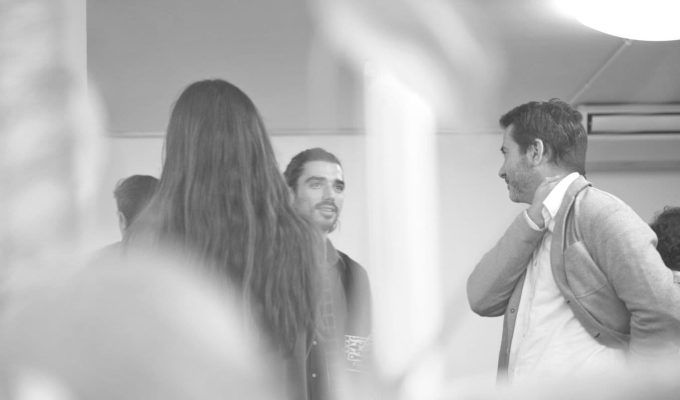
Core principles, competences and practices for modern leadership.
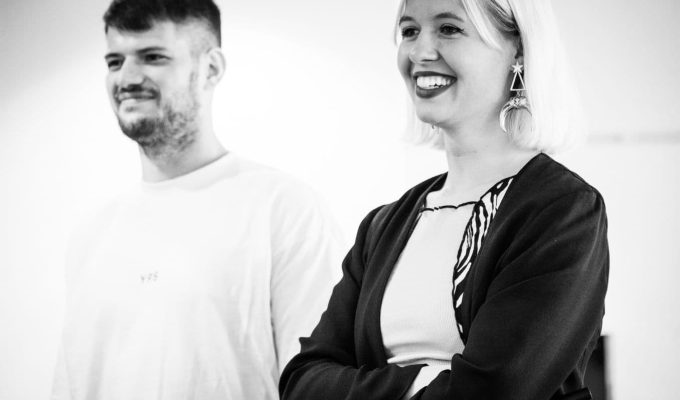
Develop your leadership talents into future leaders



